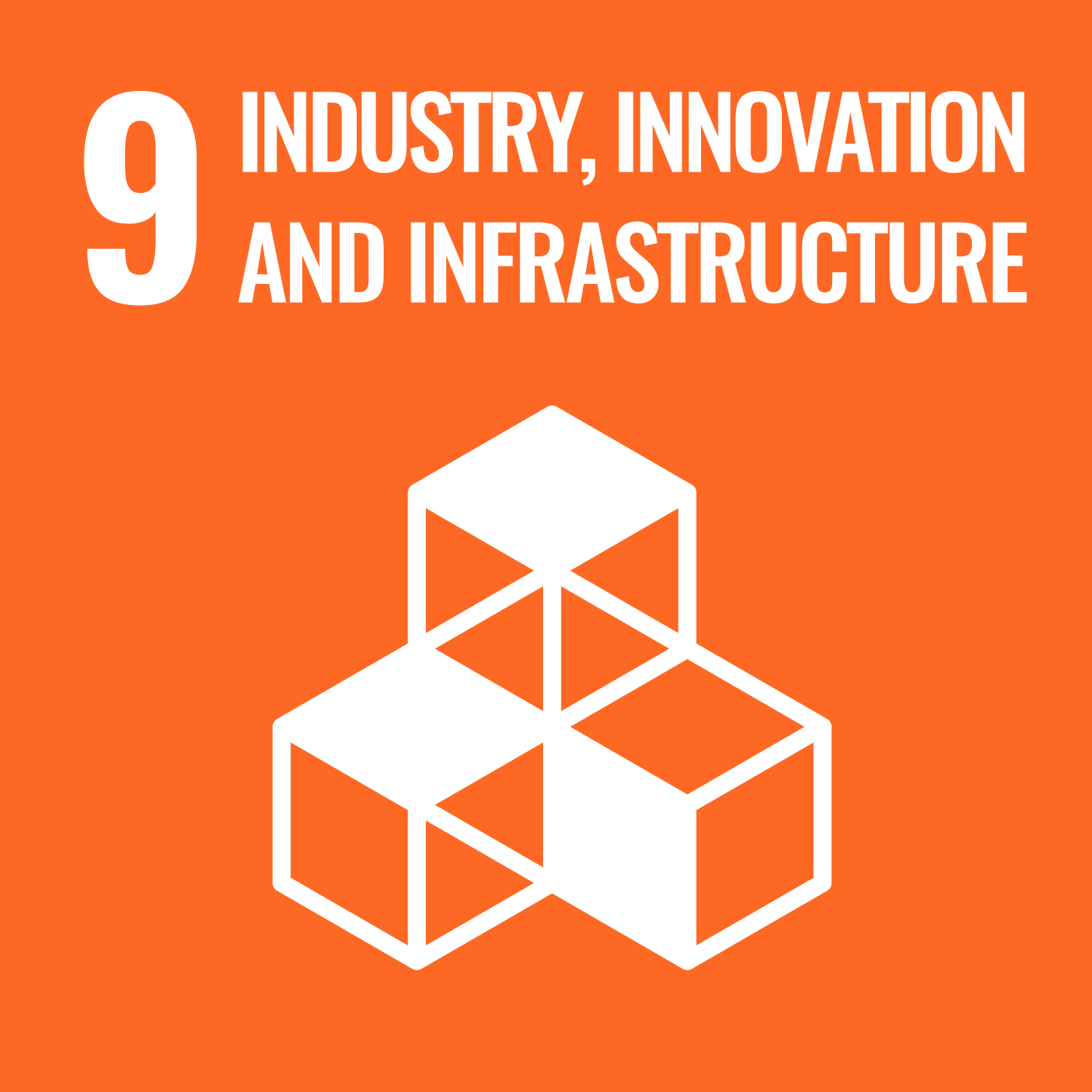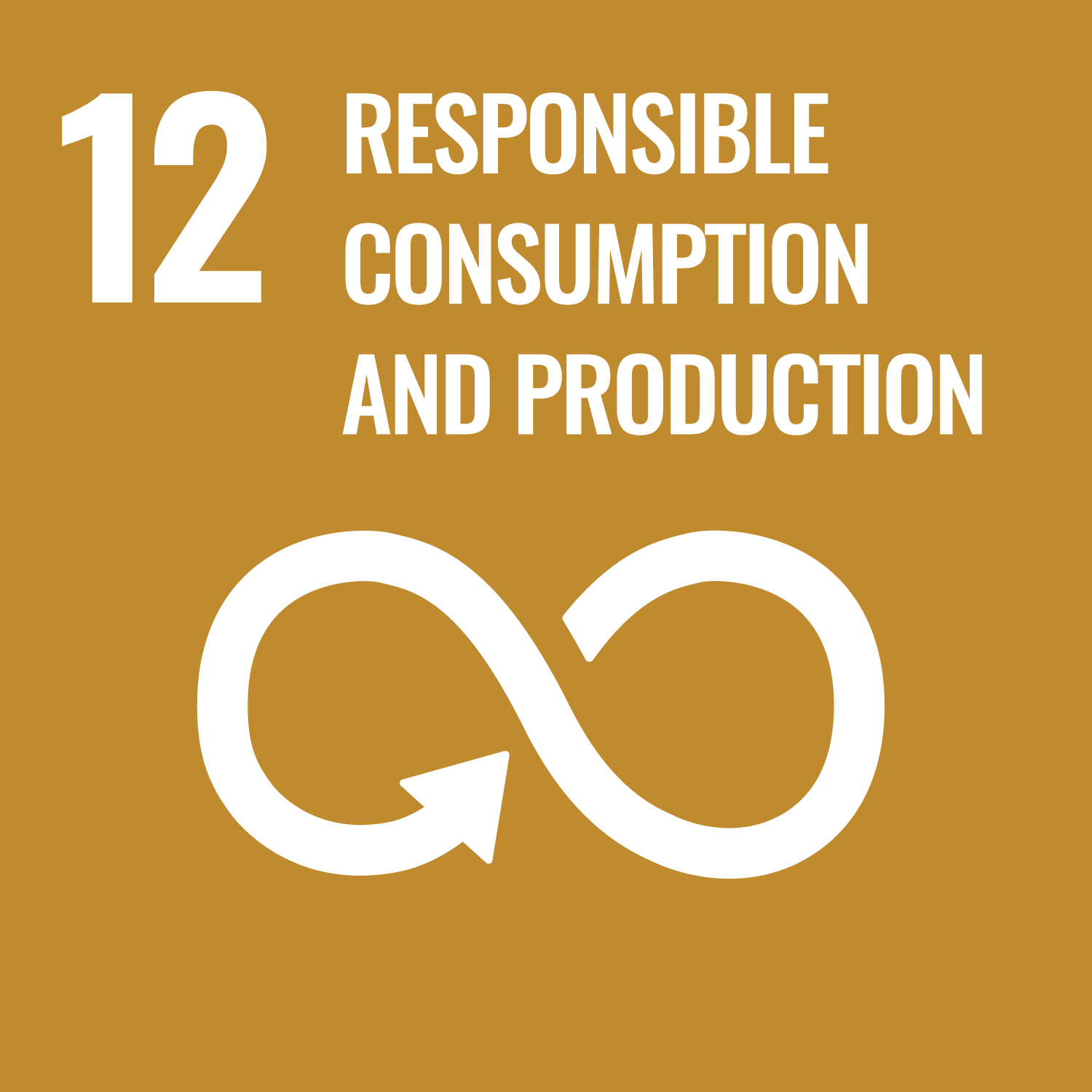ORCID
- SJ Childe: 0000-0002-9476-4209
Abstract
With considerable international awareness of circular economy (CE), the purpose of the study is to propose a theoretical framework, informed by institutional theory and upper echelon theory, to explain how top management commitment mediates the relationship between external pressures and supplier relationship management (SRM) practices for circular economy. We test our hypotheses using cross-sectional data gathered using a survey of companies involved in sustainability practices. The results of the hierarchical regression and mediating regression analyses suggest that top management commitment positively mediates the effect of external institutional pressures on supplier relationship management. We advance existing theory by integrating institutional theory and upper echelon theory to explain SRM practices in sustainable supply networks. Furthermore, we offer guidance to managers who would like to engage in leveraging supplier relationship management in sustainable supply networks and outline future research directions.
DOI Link
Publication Date
2019-01-01
Publication Title
Management Decision
Volume
57
Issue
4
ISSN
0025-1747
Acceptance Date
2018-06-13
Embargo Period
2019-04-10
Keywords
Sustainability, Supply Chain Management, Supplier Relationship Management, Institutional Theory, Upper Echelon Theory, Hierarchical Regression
First Page
767
Last Page
790
Recommended Citation
Dubey, R., Gunasekaran, A., Childe, S., Papadopoulos, T., & Helo, P. (2019) 'Supplier Relationship Management for Circular Economy: Influence of External Pressures and Top Management Commitment', Management Decision, 57(4), pp. 767-790. Available at: 10.1108/MD-04-2018-0396



